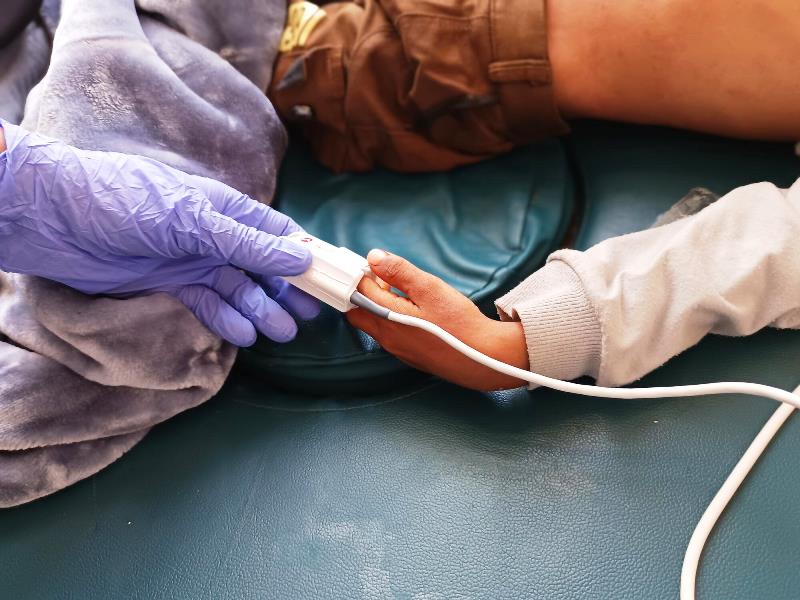In the isolation ward of Al-Wahda hospital in Yemen’s Dhamar governorate, one-year-old Amira clings to life—a survivor of a raging measles outbreak. Her father, who made a desperate two-hour journey to reach treatment, recalls his terror: “When we arrived, she looked lifeless. I thought she would die at any moment.” Like thousands of Yemeni parents, he had almost lost hope. Years of war, crippled healthcare, and vaccine shortages have left children vulnerable to preventable diseases. But against the odds, Amira recovered. “They brought her back to life,” he says, his voice trembling with gratitude.
A Crisis Decades in the Making
Yemen’s measles outbreak is a symptom of a deeper collapse. After a decade of conflict, half of the country’s health facilities are non-functional, and routine vaccinations have plummeted. In Dhamar alone, Médecins Sans Frontières (MSF) has treated over 1,400 measles cases since April 2025, more than half of them children under five. “High fevers, rashes, complications—many of these tragedies could have been avoided,” says an MSF worker. Measles, a highly contagious but vaccine-preventable disease, thrives in crowded, malnourished populations. Without herd immunity, outbreaks spiral.
Race Against Time: Mobile Clinics and Isolation Wards
MSF’s emergency response includes a 40-bed isolation ward and three mobile clinics reaching remote districts. Teams provide urgent care, referrals, and even transport for critical cases. Yet the needs outpace resources. “Yemen’s healthcare system is hanging by a thread,” warns Desma Maina, MSF’s Yemen director. “With dwindling international funding, we’re seeing more outbreaks—measles today, but what next?”
A Call for Action Before It’s Too Late
The crisis demands more than stopgap measures. Vaccination campaigns, healthcare funding, and long-term stability are vital to prevent future outbreaks. For now, MSF remains on the frontlines, but as Maina stresses: “This isn’t just our fight. The world must act before more children like Amira are pushed to the brink.”














